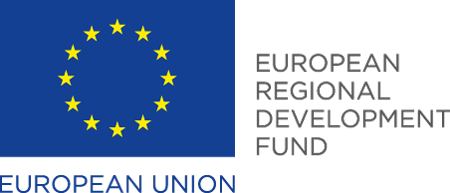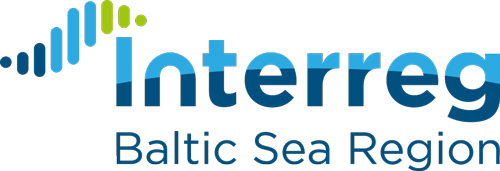STM Innovations Become IMO Standards
Innovations for the benefit of global shipping developed in the STM projects, suggested by all EU countries to IMO, will become an international standard.
Greener
Route sharing (S-421) will make shipping more efficient and reduce the environmental footprint. With route sharing, both ports and ships can plan better. Fewer ships need to queue at the ports, they can slow down and run more economically when they know exactly what time they can call at the ports. In addition, ships’ time in ports can be reduced and the flow of goods can become even more efficient.
Safer
VTS-services can assist ships with better safety advice based on increased knowledge about the ships’ intentions. Safety outside VTS areas could also increase through AI. Services can analyze all ships’ voyage plans and identify potential dangerous situations well in advance, thus help avoiding accidents.
During rescue efforts, a suggested search pattern can be sent out to the ship’s navigation system to optimize the search for missing persons.
In the Baltic Sea, where the ice spreads in the north during the winter months, suitable routes through an ice area can be sent out to the ships so that they can go longer distances without icebreaker assistance or risk getting stuck in ice.
The underlying standard for cyber security
The standard for HOW to exchange maritime data in a cyber-secure way was also included in the decision.
SECOM – Secure Exchange and Communication between Ship and Shore – is a standardized interface for transfer of S-100 products, but it can be used for other formats as well.
Hannu Peiponen chair of the Maritime navigation and radiocommunication equipment and systems committee at the standardizing organization which developed the standards, IEC, said:
“For manufacturers of maritime systems SECOM eliminates the need to support several different service interfaces for different services and products. If a service or product works with one actor using it, it will work with all. This will make it easier to provide valuable end-user services to the maritime community to increase safety and efficiency while at the same time opens a possibility to reduce the environmental footprint.”
The next steps
NCSR, a subcommittee within IMO, the UN’s maritime body, has decided to approve the proposal for route sharing and SECOM. The proposal will be formally decided in the IMO’s safety committee the coming spring.
Systems using the new standards are allowed on-board from 2026. Industry leaders can start using the systems and services, reaping benefits, three years prior to the mandatory regulations. The industry can start moving now!







